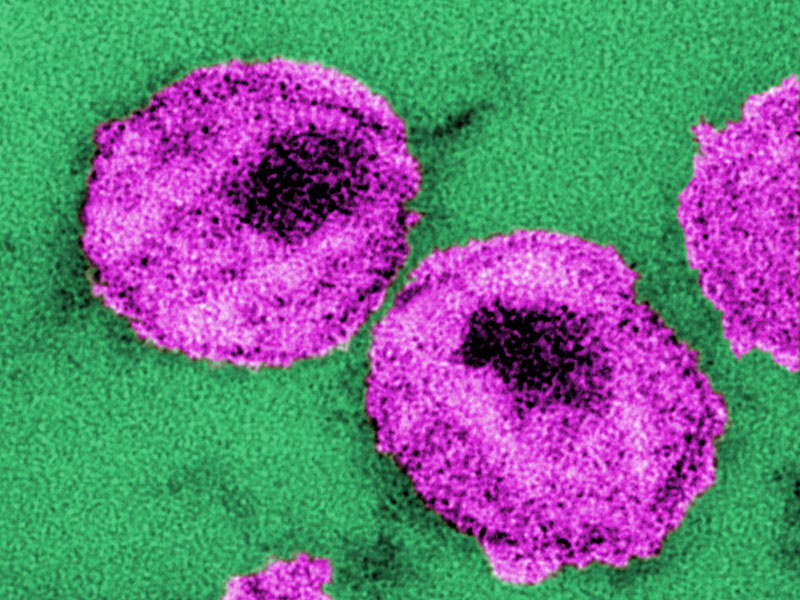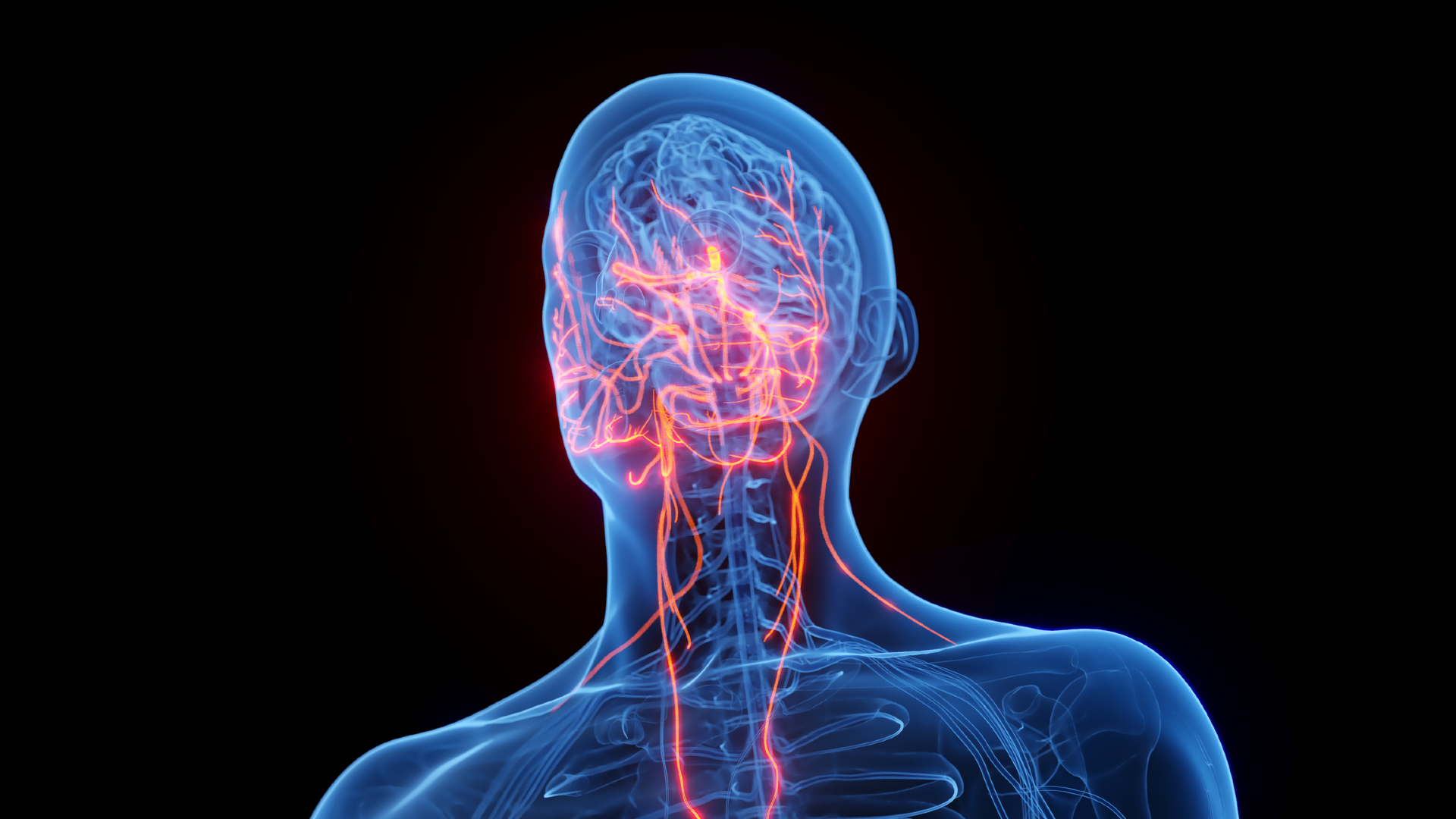People With HIV Struggle to Recognize Fear

Get the world’s most fascinating discoveries delivered straight to your inbox.
You are now subscribed
Your newsletter sign-up was successful
Want to add more newsletters?

Delivered Daily
Daily Newsletter
Sign up for the latest discoveries, groundbreaking research and fascinating breakthroughs that impact you and the wider world direct to your inbox.

Once a week
Life's Little Mysteries
Feed your curiosity with an exclusive mystery every week, solved with science and delivered direct to your inbox before it's seen anywhere else.

Once a week
How It Works
Sign up to our free science & technology newsletter for your weekly fix of fascinating articles, quick quizzes, amazing images, and more

Delivered daily
Space.com Newsletter
Breaking space news, the latest updates on rocket launches, skywatching events and more!

Once a month
Watch This Space
Sign up to our monthly entertainment newsletter to keep up with all our coverage of the latest sci-fi and space movies, tv shows, games and books.

Once a week
Night Sky This Week
Discover this week's must-see night sky events, moon phases, and stunning astrophotos. Sign up for our skywatching newsletter and explore the universe with us!
Join the club
Get full access to premium articles, exclusive features and a growing list of member rewards.
People infected with HIV, the virus that causes AIDS, have a harder time than healthy individuals recognizing fear in the faces of others.
This trouble with emotional recognition may reveal subtle cognitive deficits caused by the disease, researchers wrote today (Feb. 26) in the open-access journal BMC Psychology. Previous studies have found that HIV (human immunodeficiency virus) is linked with abnormalities in the frontostriatal region of the brain, communications corridors that link the frontal lobes to deeper brain structures.
"Frontostriatal structures are involved in facial emotion recognition, so we expected that HIV-positive subjects were impaired in facial emotion recognition tasks," said study researcher Eleonora Baldonero of the Catholic University of the Sacred Heart in Rome.
HIV and the brain
Baldonero and her colleagues recruited 49 HIV-positive adults from a clinic, making sure that none of the volunteers had a history of psychiatric or neurological disorders. HIV itself can affect the brain, Baldonero told LiveScience, but better drug therapies have made neurological problems less of an issue. Nevertheless, the team wanted to find out if there were any subtle deficits in the brains of patients. [The 10 Most Stigmatized Health Disorders]
For comparison, the researchers also recruited 20 healthy adults chosen to be similar to the 49 HIV patients in age, gender and education. Both groups underwent a battery of neurological tests, including a facial emotion recognition task. In this test, patients saw male and female faces displaying disgust, anger, fear, happiness, surprise and sadness and had to match the name of the emotion to the face.
Fear and HIV
Get the world’s most fascinating discoveries delivered straight to your inbox.
The HIV-positive patients were less accurate at identifying fear compared with the healthy adults, the researchers found. Even patients without any other signs of cognitive struggles on the other neurological tests performed worse than healthy people at telling when a face was fearful.
Fear might provide a particular challenge, because other research has shown it to be the most difficult emotion to recognize, Baldonero said. It's also possible that HIV affects specific brain regions that are more important for processing fear than other emotions.
The researchers did find that trouble recognizing fear went hand-in-hand with another high-level task, a word memory test.
"The two abilities (emotion and cognitive) may be subject to the integrity of the same brain areas," Baldonero wrote in an email to LiveScience. "It would be useful to explore this issue in future studies."
If facial emotion recognition does prove to be an issue among HIV patients, trouble with emotion recognition tasks could be used as an early warning of neurological problems, Baldonero said.
Follow Stephanie Pappas on Twitter @sipappas or LiveScience @livescience. We're also on Facebook & Google+.

Stephanie Pappas is a contributing writer for Live Science, covering topics ranging from geoscience to archaeology to the human brain and behavior. She was previously a senior writer for Live Science but is now a freelancer based in Denver, Colorado, and regularly contributes to Scientific American and The Monitor, the monthly magazine of the American Psychological Association. Stephanie received a bachelor's degree in psychology from the University of South Carolina and a graduate certificate in science communication from the University of California, Santa Cruz.
 Live Science Plus
Live Science Plus










